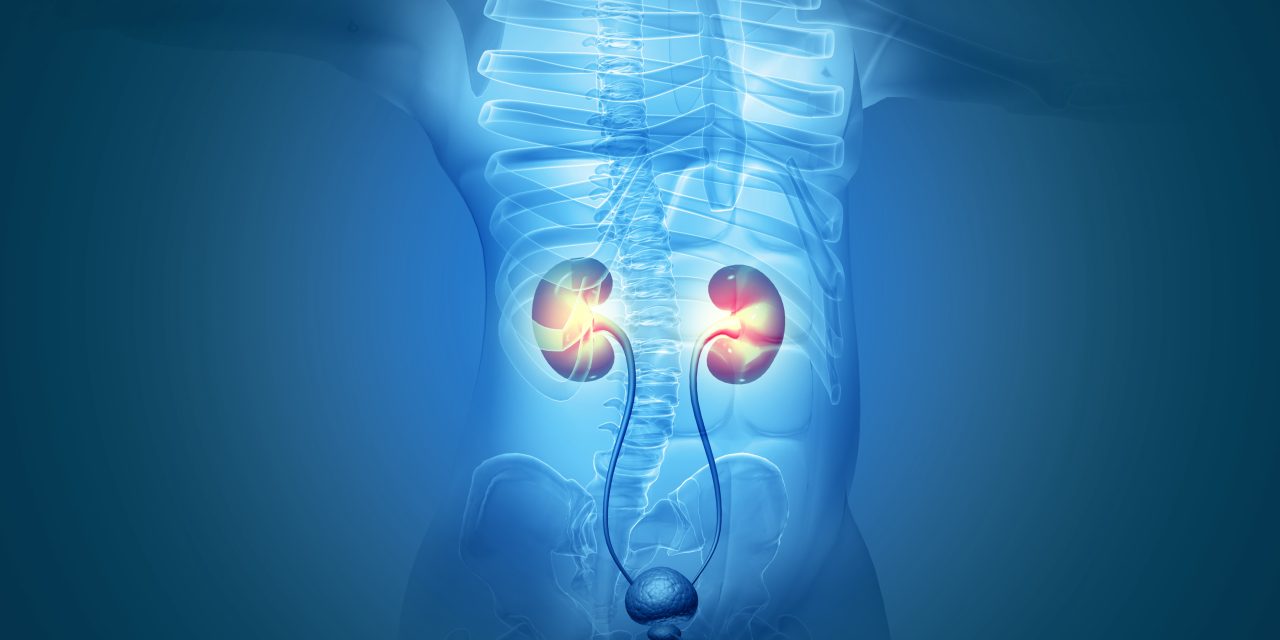Background Apart from the alcohol effects on various domains of health, the effect on sexual health is the most concerning aspect to the individual. Chronic alcohol intake leads to sexual dysfunction leading to interpersonal difficulties which further worsens alcohol dependence creating a vicious cycle. Methodology This is a cross-sectional study done at an inpatient psychiatry ward of a tertiary care hospital after taking institutional ethical clearance and due informed consent from the participants. The study sample comprised of 50 alcohol dependent subjects and 50 healthy controls taken by purposive sampling based on the inclusion criteria. Subjects were rated on the Arizona sexual experiences (ASEX) scale for various aspects of sexuality and on the New sexual satisfaction scale (NSS) for the degree of sexual satisfaction. WHO-Quality of Life (WHOQOL)-BREF was used to assess the quality of life in both groups. Data was collected and analyzed using MS Excel and SPSS version 23 (IBM Corp., Armonk, USA), Results The prevalence of sexual dysfunction in the study was about 40% with an inability to reach and satisfaction with orgasm (38% and 28% respectively) the most common followed by erectile dysfunction (26%). The patients with alcohol dependence had a significantly higher degree of sexual dysfunction, poor sexual satisfaction, and low quality of life compared to controls. With correlation analysis, the total scores on ASEX were positively correlated with the duration of alcohol use and dependence. Conclusions This study concludes that sexual dysfunction is common and seen in nearly half of the patients with alcohol dependence affecting desire, erection, and satisfaction with orgasm. Alcohol dependence further impairs the sexual satisfaction and quality of life of the individual. This information can be utilized in motivational interviewing of patients with alcohol dependence by addressing both the problems simultaneously to improve sexual functioning and quality of life.Copyright © 2021, Mandal et al.
Sexual Dysfunction and Satisfaction in Males With Alcohol Dependence: A Clinic-Based Study From Central India.


